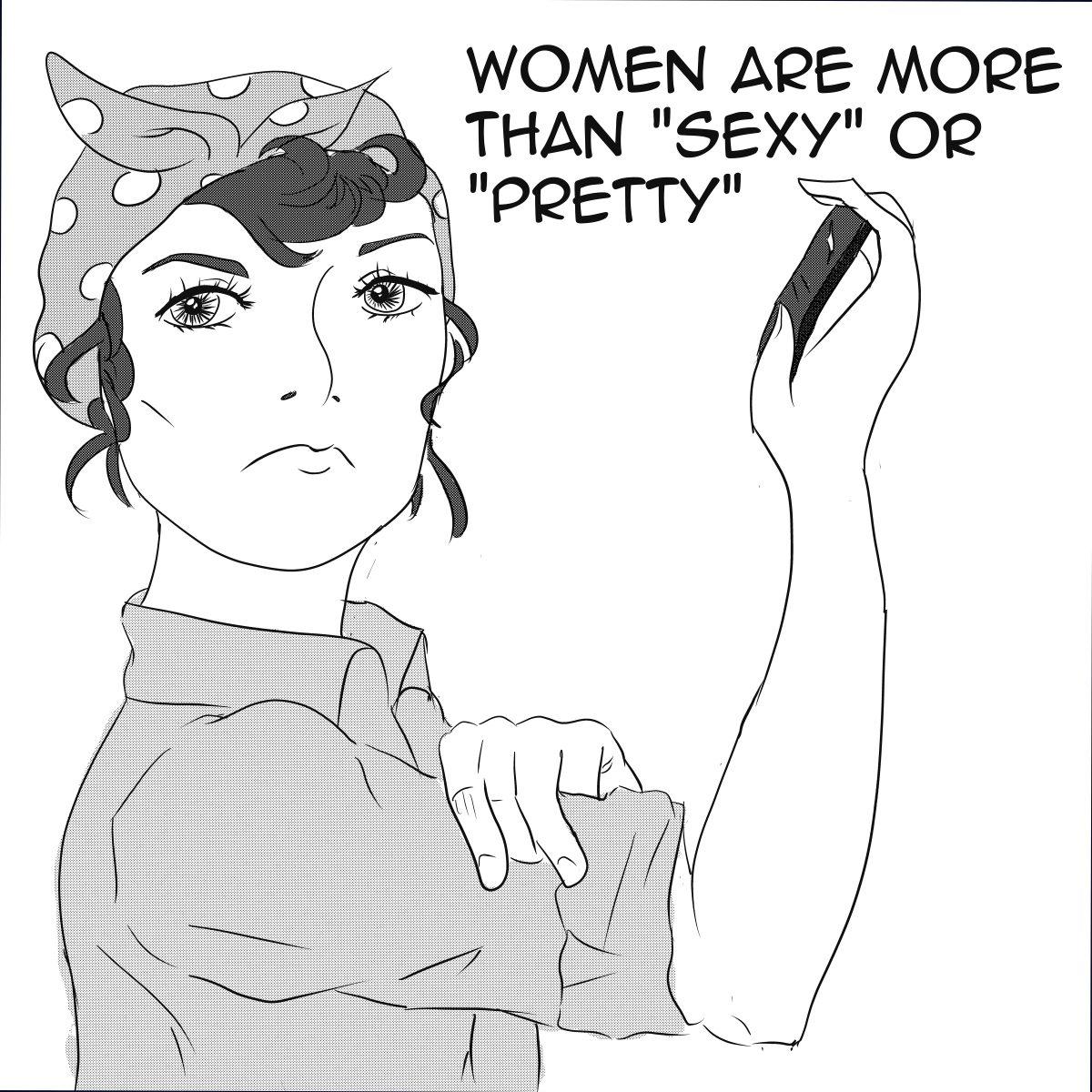Toward the end of last semester, I joined Tinder. I thought it’d be a good way to meet people from Raleigh who were looking for dates. Unfortunately, I felt like I wasn’t getting much out of Tinder besides inappropriate messages and the general “hi.” So I decided to join other dating sites to see if I’d have any more luck finding a date there.
I joined OKCupid, Plenty of Fish and MeetMe, and I kept the Tinder account that I had. Over the course of two days, I received more than 50 different misogyny-based or sexually harassing messages from various strangers. They ranged from 40-year-old men telling me how “sexy” I am to patronizing “sweetie” comments to messages with content that is too sexually graphic to be repeated in this column. The worst comment I got was on Tinder, from someone who was so upset that I was a feminist that he implied he would rape me. Charming.
Unfortunately, experiences like this are far too common for women who choose to date online. In a 2013 Pew Research study, 42 percent of women reported they have been harassed on an online dating site or other form of social media. Messages have escalated all the way to death threats.
Many of these women have received more than one harassing message online. Several women have made accounts that document their experiences with online dating and the various sexually harassing, misogynistic messages they receive from complete strangers. Laura Nowak, owner of the “Feminist_Tinder” Instagram account, has documented hundreds of harassing messages she has received from her matches on Tinder.
The reason that many women are subjugated to online harassment is because society often tells men and women that sexual comments are supposed to be taken as compliments. Similar to catcalling, women are often told that a man’s attention is supposed to be seen as complimentary, regardless of how uncomfortable that attention makes them feel. Men are thus told that these kinds of comments are what women enjoy or should enjoy hearing, and that makes men more likely to believe it is acceptable to harass women online.
Being “attractive” is a standard that many women are held to, and that trait is praised in contemporary society. Therefore, many see making comments about the sexual attractiveness of women as being complimentary. Unfortunately, oftentimes this focus on how attractive a woman is reduces her to just superficial beauty. This shallow standard of compliment reduces women to objects for male attention and sexual pleasure.
Most of the blunt harassment comes online because many feel the consequences of online harassment are very minimal. There are not a lot of legal repercussions currently against online harassment, and online sites do very little to help protect victims of harassment. The most one can do after being harassed is just to block and report the offender, and that isn’t a guarantee that there will be any actual resolution. Even if banned, on sites like OKCupid you can simply make a new profile.
A way to combat these issues would be through promotion of female empowerment and through greater accountability for harassers. In the past few years, there has been a great push among Western feminists that catcalling and sexual harassment are not compliments. To further push the idea of female empowerment would help challenge the notion that it is appropriate to sexually harass women. Additionally, online websites like Twitter and OKCupid need to further their harassment-reporting services by making it easier for women to report abuse and harder for abusers to make new profiles and continue the cycle of harassment.
Women are more than just “sexy” or “pretty.” Women are not supposed to be used for solely sexual pleasure. And certainly women deserve more than to be sent threatening, harassing, overly sexual messages on online dating sites. Regardless of woman’s intentions on dating sites, be it casual sex or serious dating, she deserves to feel safe and respected.














